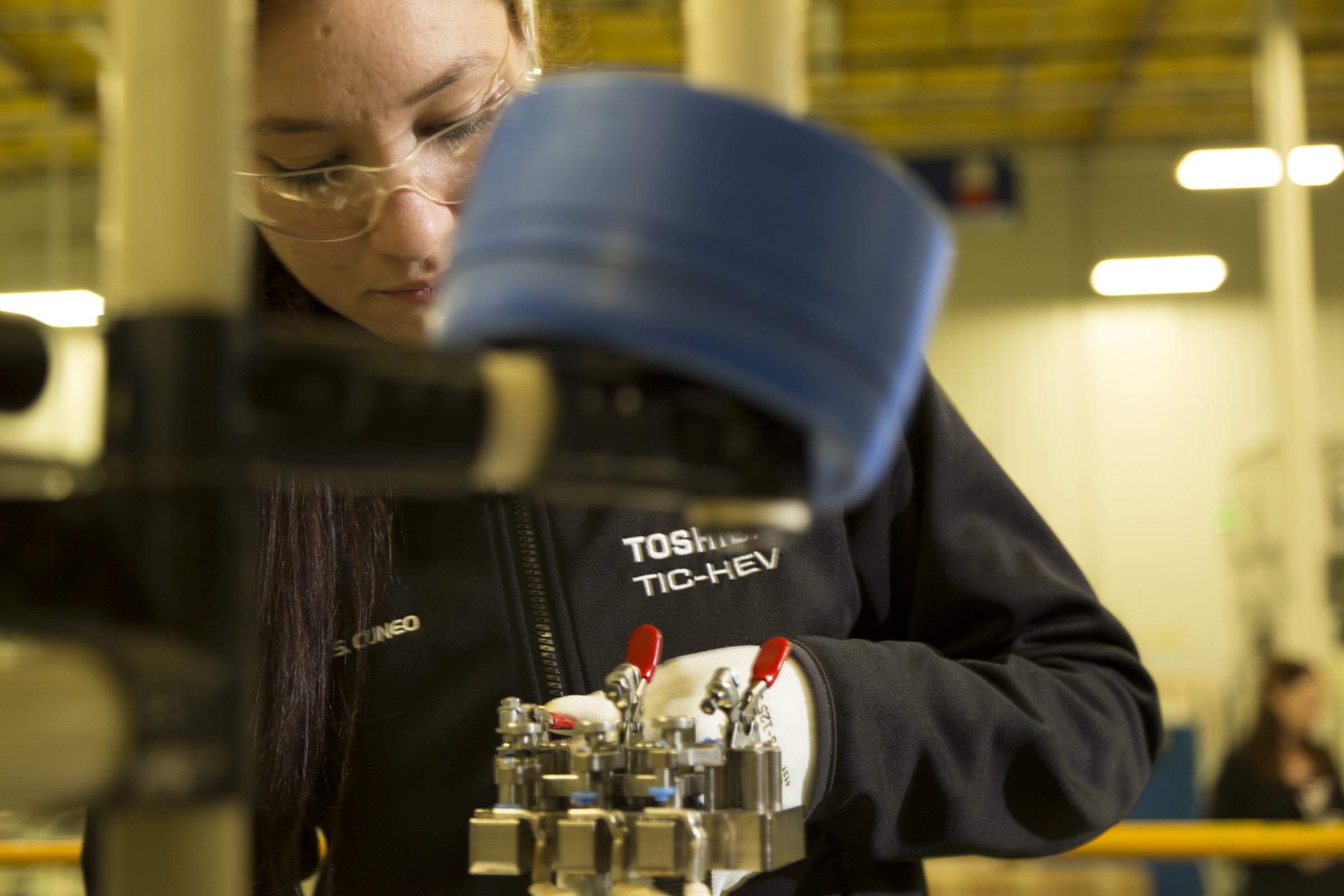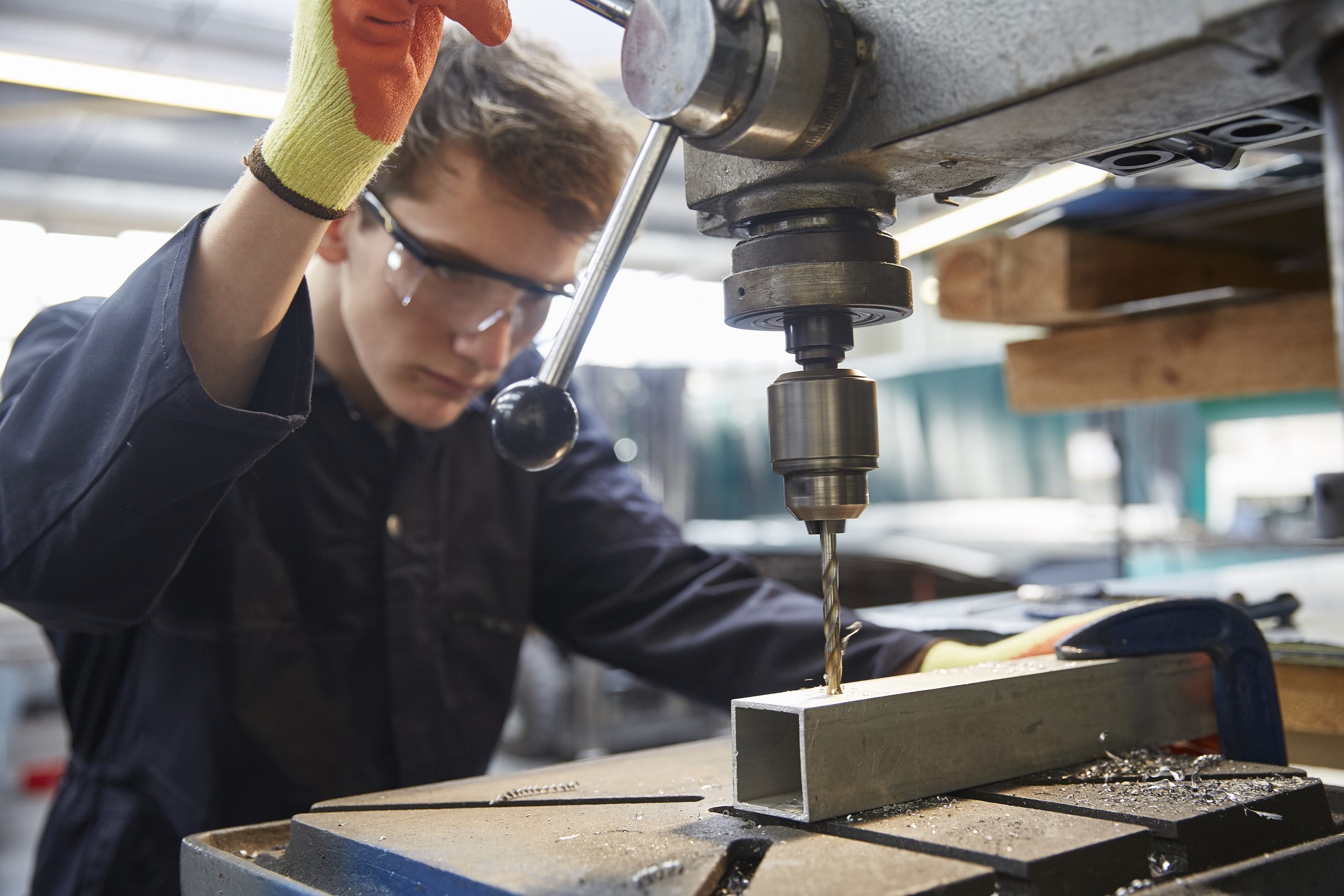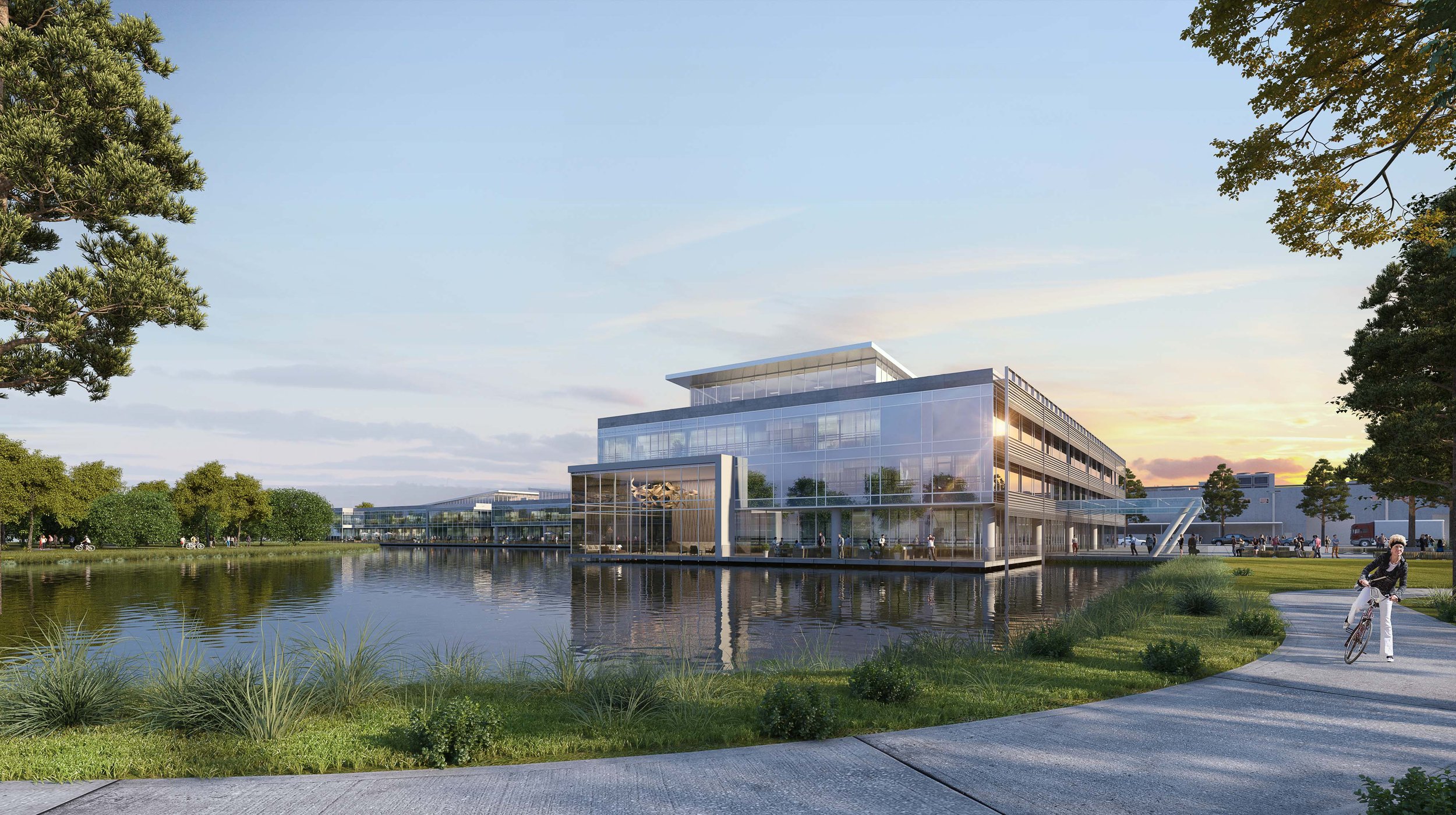What Do Houston Students Know About Good Careers in Our Economy? UpSkill Houston and Rice University Partner on Study to Find Out
Published Oct 26, 2020 by Bryant Black
In 2018, Rice University School of Social Sciences Consulting Practicum approached UpSkill Houston to engage Rice students with real world problems. Based on focus group research UpSkill Houston previously conducted with school students and parents, we knew that Greater Houston confronted a challenge in changing students’ knowledge and understanding of good careers that require education and skills beyond a high school diploma and less than a four-year college degree, and more generally, their understanding of the industries in the local economy.
The result—UpSkill Houston, partnering with the Rice School of Social Science, has commissioned Rice undergraduates to develop and implement an ongoing survey program that will produce and analyze quantitative and qualitative data on how UpSkill Houston is working to change perceptions and awareness about good careers in Houston.
Overall goals for the program now include:
- Gaining a greater understanding of what our student stakeholders know about careers;
- Improving our ability to tailor and focus our messages more effectively to students about careers in the economy;
- Developing a repeatable methodology for annually surveying the knowledge base of area students;
- Aggregating and analyzing the data from previous semesters to identify what trends may be developing; and,
- Thinking about what the results tell us from a geographic perspective.
Now in its sixth semester, Rice undergraduate teams have reached more than 5,000 young people in middle and high school with this survey through various distribution methods, both in-person through individual schools along with BakerRipley and the Boys and Girls Clubs of Greater Houston, and online with support from City of Houston’s Hire Houston Youth program.
The very first team created the survey and distributed it to Aldine, Alief, Houston and Pasadena independent school districts, while also conducting analysis on what survey returns were attainable based on a limited timeframe. Since then, each subsequent team has built off the previous work and used qualitative and quantitative skillsets to take new and useful approaches to effectively distribute and analyze survey responses. In addition, the teams continue to maintain data integrity and make this information useful to the business and education communities in the long term.
Now, the UpSkill Houston and Rice teams are at the point of looking for ways to systematize the survey and ensure sustainability. This includes exploring ideas around school district partnerships, automated distribution methods, formalizing within Rice research programs, and creating an online user experience. The teams also seek ways to leverage school partnerships to survey parents and test their awareness and perceptions against student responses.
Practicum Students Benefit from Experimental Learning Project
This project benefits the public and the Greater Houston area; and it actively engages participating Rice undergraduate students in a real-world challenge. Also, many of these students have self-identified as having an interest in education and potentially the world of management consulting. The project is structured as a true consulting engagement; the scope and timeline are structured, and the students are tasked with making decisions along the way to shape true outcomes for their grades. Participating students engage in an experiential learning project associated with a real public-private partnership with tangible benefits to the Greater Houston area.
Other benefits for the students include:
- Strengthening problem solving and tactical skills;
- Improving their abilities to survey and benchmark sample populations; and,
- Addressing a multifaceted topic touching society, education, the economy, business, culture, and communication.
Community-University Partnerships Advance Greater Regional Goals
UpSkill Houston uses research, analysis and engagement with critical stakeholders to focus on attracting, training and placing a new workforce into good careers within several sectors critical to the region’s economy, with enhanced awareness of these opportunities being the key to attraction.
Learn more about the UpSkill Houston initiative.
 The Houston Report
The Houston Report





















